India says growing trade with Russia not temporary as Moscow turns ‘eastwards’
India’s Foreign Minister S. Jaishankar says his country’s growing trade with Russia should not be perceived as a “temporary phenomenon”, as it is accompanied by the emergence of numerous economic prospects.
The increased trade volumes between New Delhi and Moscow, resulting from Russia’s emphasis on economic ties with Eastern nations, should be viewed as a long-term development rather than a temporary arrangement, Jaishankar emphasized on Friday.
“For long, we have looked at Russia from a political or security perspective,” Jaishankar was quoted as saying at an industry conference.
“As that country turns eastwards, fresh economic opportunities are presenting themselves ... the spike in our trade and new areas of cooperation should not be regarded as a temporary phenomenon,” he added.
New Delhi has rise to prominence as one of the major buyers of Russian sea-borne oil since Western nations implemented sanctions on Moscow and ceased buying oil in response to the Kremlin’s “special military operation” in Ukraine.
In the fiscal year ending March 2024, the trade volume between India and Russia reached $65.7 billion, marking a significant 33% increase compared to the previous year.
Jaishankar also emphasized the Indian government’s intention to expand its economic prospects by exploring new trade routes.
India and Russia are collaborating to ensure the year-round accessibility of the Northern Sea Route -- which runs along Russia's northern coastline and is the shortest shipping route between East Asia and Europe - as they aim to expedite the transportation of goods to emerging markets by leveraging trade routes.
Furthermore, both nations are eager to boost trade volumes via the Vladivostok-Chennai maritime route linking Russia’s Far East to the southern region of India.
In an effort to advance bilateral relations, New Delhi is actively pursuing an investment treaty with Moscow and exploring the possibility of signing a free trade agreement with the Eurasian Economic Union led by Moscow.
Additionally, discussions are underway between the two countries regarding potential collaboration in the production of military equipment.
Eight Palestinians killed as Israel attacks Gaza school, hospitals
VIDEO | Rome, Milan host new protests in solidarity with Palestinians
Dec. 21: ‘Axis of Resistance’ operations against Israeli occupation
Spain jurists demand ties with Israel ties be cut
VIDEO | Press TV's news headlines
VIDEO | Iran honors top Science Olympiad medalists
VIDEO | Austrians arrested at Gaza protest in Vienna
10 killed in bus crash in western Iran


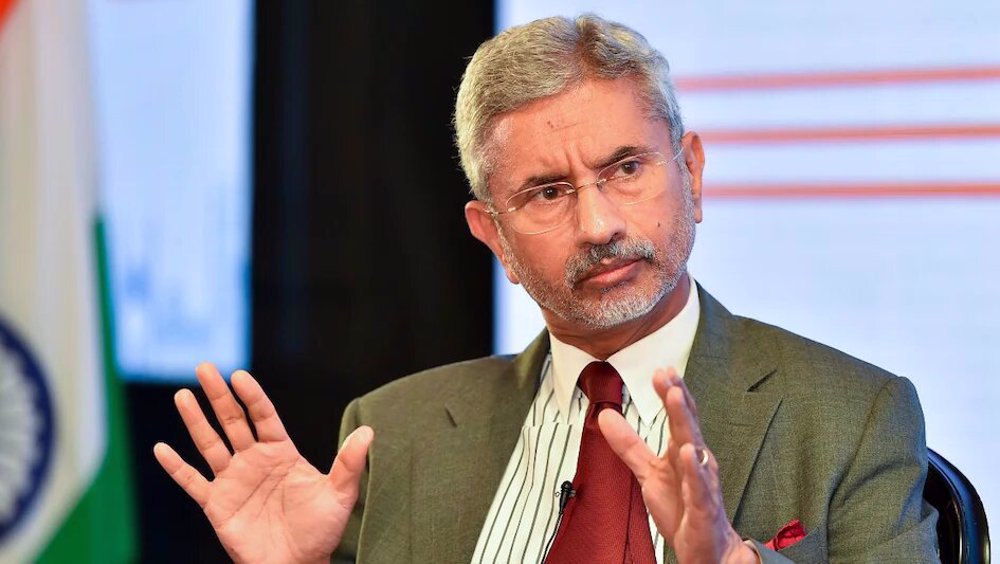
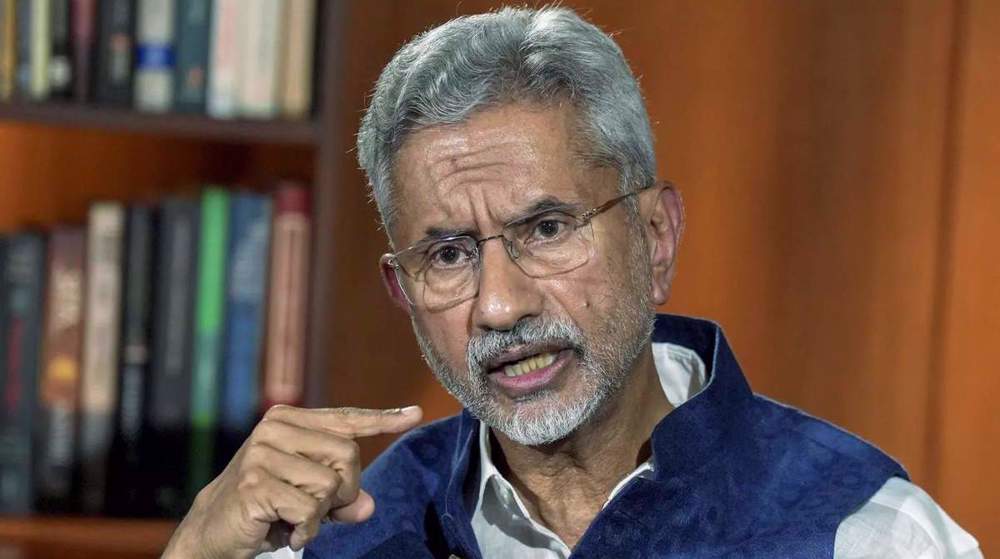
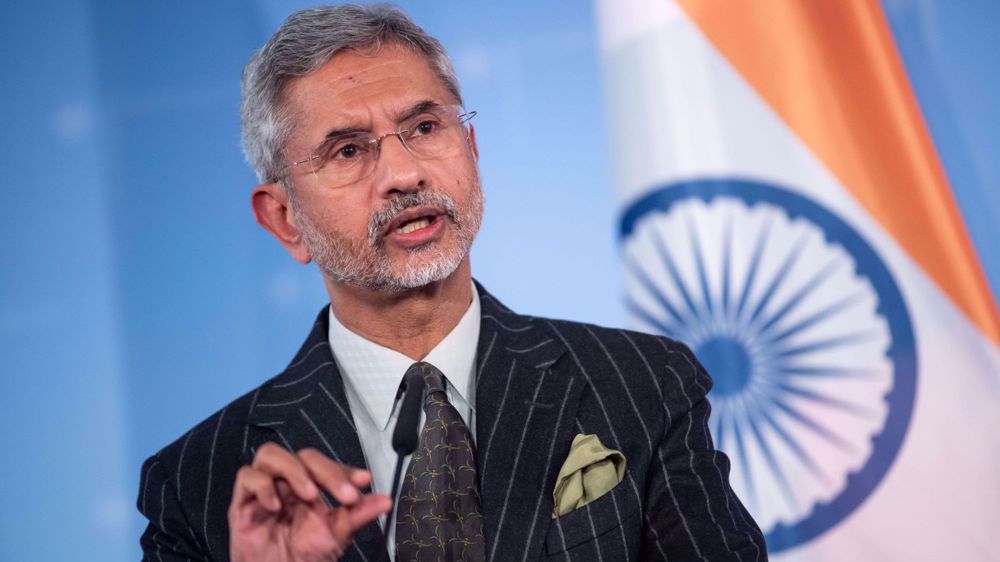
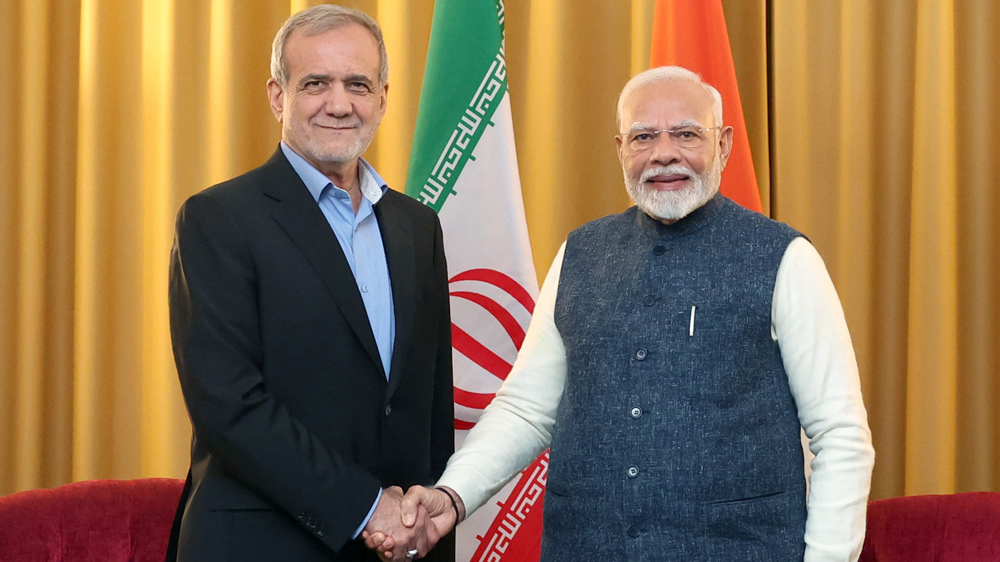




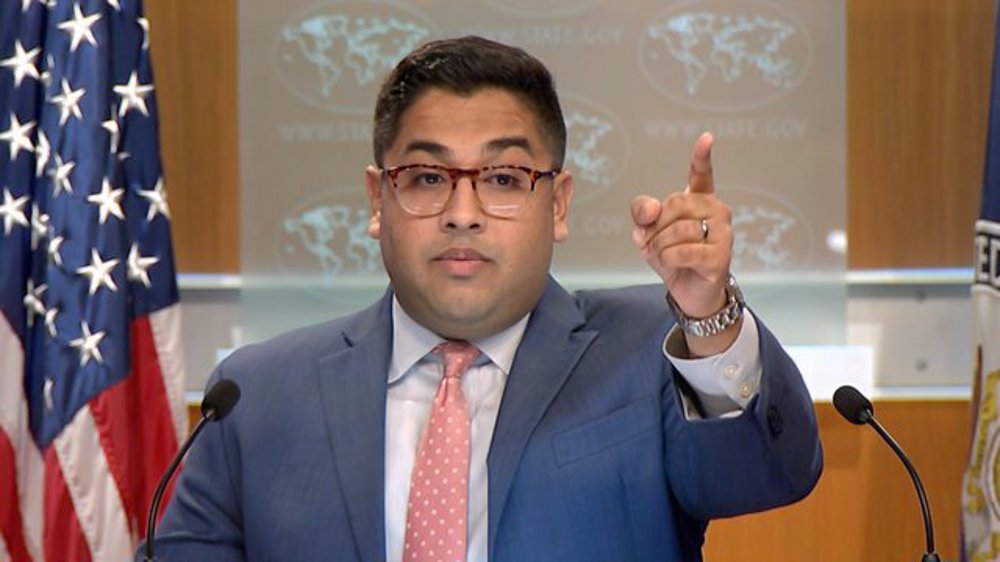
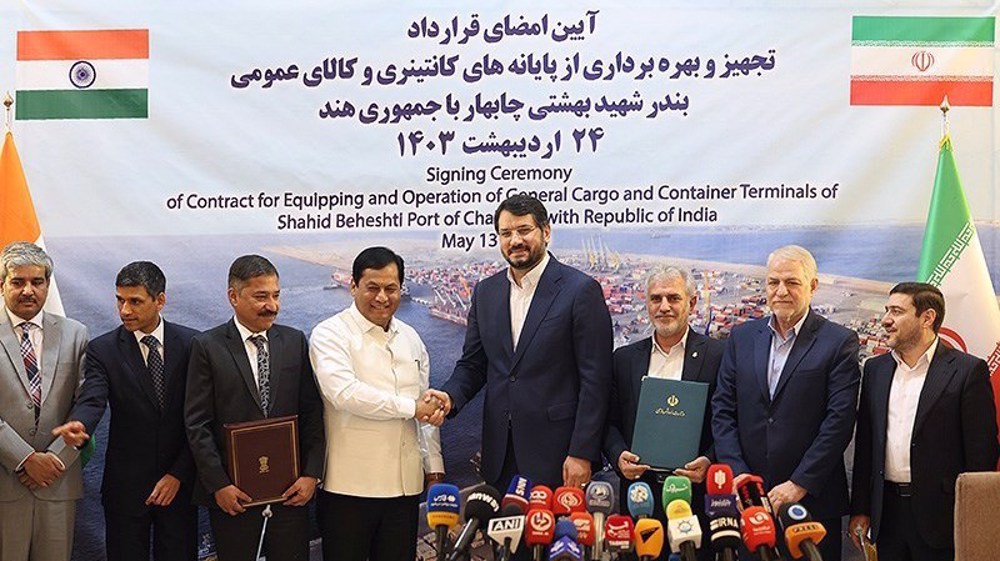

 This makes it easy to access the Press TV website
This makes it easy to access the Press TV website